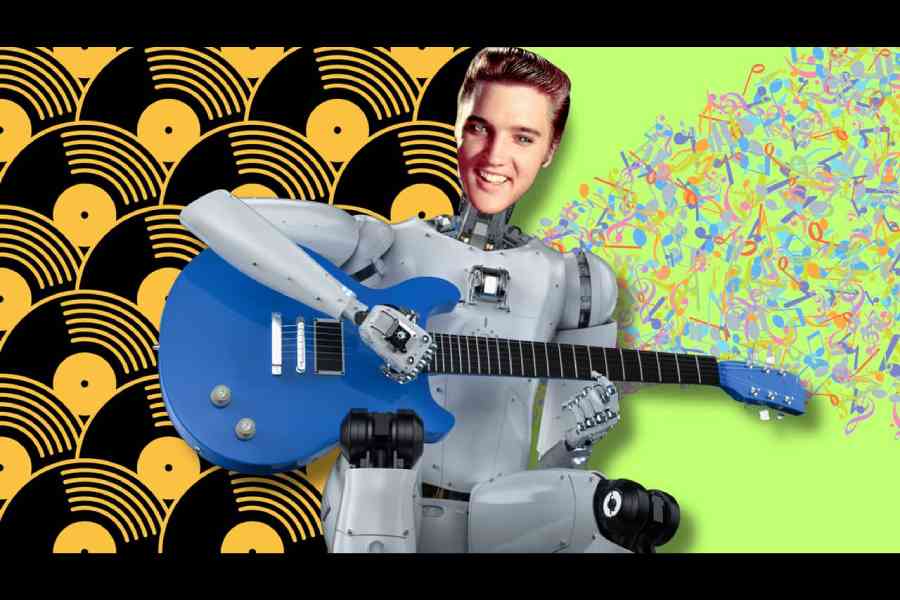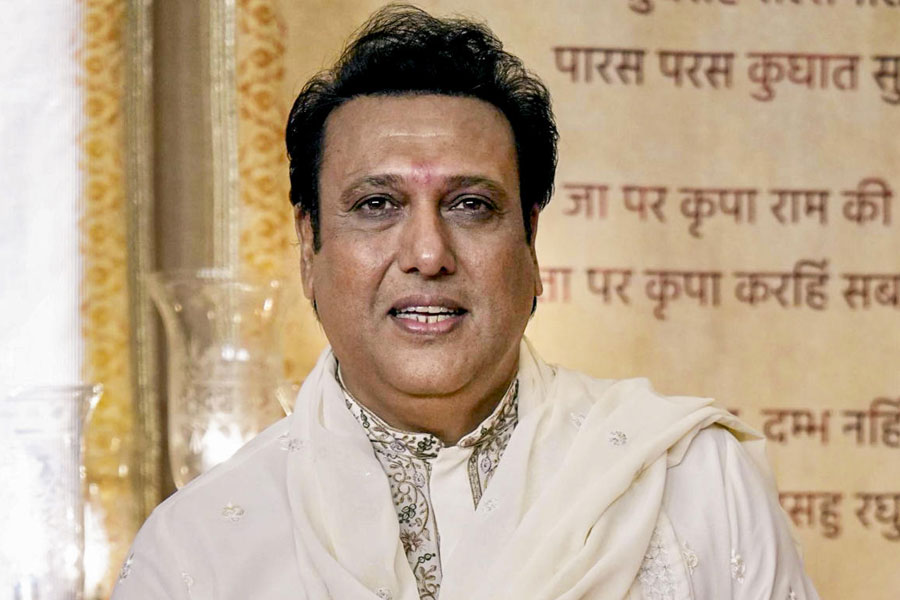You probably haven’t heard of Johan Röhr even though he has achieved 15 billion streams on Spotify. That’s a number substantially higher than what Michael Jackson, Elton John or Abba has achieved. Yet, most people don’t know about him. The problem is that he doesn’t use his name; he relies on some 650 aliases, which show up on different playlists.
According to Swedish newspaper Dagens Nyheter, the Stockholm-based musician has created some 2,700 songs on the platform under names like Maya Åström, Minik Knudsen, Mingmei Hsueh and Csizmazia Etel. In fact, Overtone Studios has said that he is a “pioneer in the mood music genre”. His music is mainly background music, yet the reach he is enjoying on Spotify is massive. One of his most listened-to melodies is a piano interpretation of Twinkle Twinkle, Little Star under the pseudonym Adelmar Borrego and it has been streamed over 270 million times.
A bigger problem is that we have become passive listeners. How so? To listen to millions and millions of songs, we are paying, say, for Spotify only Rs 119 a month (there are other plans). For Apple Music, it’s Rs 99 a month. It makes us care less about the music that’s playing, like that of Johan; it has become something that’s in the background.
It is different from the experience most of us grew up with — saving money to buy an album so that we could listen to it time and again. There was a time when listeners not only knew the background of a singer, they knew all that was published about musicians and producers contributing to an album. When we heard a new song on the radio, we would find out more about the artiste and everyone associated with that song.
The problem is: Now, there is plenty of AI-generated music available online and people are listening to them already. Since we have become used to passive listening, we are alright with listening to music that doesn’t have a discordant note. There is an AI version of Kanye West and there are AI-derived imitations of Drake and the Weeknd. If this music plays in the background all the time, will we complain? And if streaming services begin offering such music in copious amounts, are we going to turn down the volume? Who gets the royalty for such music? Who is the composer of this music? Is this a way to bypass composers?
Two names: Udio and Suno
Making generation of AI tunes easy are apps like Suno (which launched on iOS in some markets a few days ago) and Udio. The output is not perfect to musically-trained ears but a casual listener doesn’t get into the weeds.
Guy Chambers, who has collaborated with Robbie Williams over more than two decades and whose co-writing credits include the multi-platinum hit Angels, recently said: “I think we may get to a stage in the future where an album will need to have a badge saying ‘this is an all-human record’. From what I’ve seen of AI, the acceleration is pretty terrifying, in terms of what it can do and how it could replace songwriters.”
He bluntly said that any person could put into an AI programme something like, “I want a song 100 BPM that sounds like a cross between Abba and Arctic Monkeys”.
The comments come at a time when YouTube is experimenting with an AI system called DreamTrack whose users can type in keywords for a song. Charli XCX, Demi Lovato and John Legend are among artistes who have allowed their voices to be used by YouTube.
Music labels care about royalty, so they are taking on apps like Udio and Suno through two new cases that have been filed in a federal court in Boston and the other in New York.
Some popular music labels, including Sony Music Entertainment, Universal Music Group and Warner Records, are suing two of the biggest tech companies offering generative AI music-making tools that allegedly use work from artistes without consent.
The lawsuits argue that Suno and Udio (developed by Uncharted Labs) have unlawfully copied the labels’ sound recordings to train their AI models to generate music that could “saturate the market with machine-generated content that will directly compete with, cheapen and ultimately drown out the genuine sound recordings on which [the services were] built”.
Some of the instances cited in the lawsuit show generated songs by Suno and Udio that sound like the voices of Bruce Springsteen, Michael Jackson and Abba, also there are outputs that sound almost identical to Mariah Carey’s All I Want for Christmas Is You and The Beach Boys’ I Get Around.
Suno and Udio allow the usage of text prompts to come up with songs and have been successful in attracting users. Suno, for example, is available for use in Microsoft Copilot through a partnership while Udio has been used to create BBL Drizzy, a popular example of AI music going viral.
Udio was founded last year by a group of former Google DeepMind researchers to make it “easy for anyone to create emotionally resonant music in an instant”.
AI’s role in the music industry began to be discussed after a fake Drake song, generated using AI, spread through social media platforms last year. Now that AI systems are able to reproduce recordings that sound like known artistes, musicians are asking how much control they have over their AI deepfake likeness.
In April, over 200 artistes, including Billie Eilish, Kacey Musgraves and Jon Bon Jovi, signed an open letter organised by the non-profit Artist Rights Alliance calling on AI developers and technology companies to “cease the use of artificial intelligence to infringe upon and devalue the rights of human artistes”.
Of course, before AI stole the spotlight in the music industry, Auto-Tune showed us that there was nothing wrong with making pitch correction. ‘Do you believe in life after love’ sang Cher with AutoTuning thrown in, we lapped it up. The fear is: Will AI end up doing a better job than most artistes it is imitating? To get a Taylor Swift, there is an army of music industry folks grooming her over decades. But AI is saying: You can do something like that with a few text prompts.
Avatar-like pop stars such as Miquela haven’t reached perfection but given time, they will reach a certain degree of refinement and resemble real performers.
When Ludwig von Beethoven died in 1827, he left behind some musical sketches of what could have been the ‘10th Symphony’. In 2021, it was “completed” using an AI model that had been fed the 19th-century composer’s entire body of work. It’s too late to make a monster that was awoken in the 1950s when programmer-composer Lejaren Hiller’s algorithm allowed a University of Illinois computer to compose its own music.
We all like tribute acts. There are Elvis Presley, Freddie Mercury, Michael Jackson and Bee Gees tribute acts who keep getting booked for parties and in Las Vegas casinos. We know they are not real but that doesn’t stop us from listening to them. AI is making music and it’s getting better… at least good enough to soon become a tribute act.











